China’s financing and investment spread across 61 BRI countries in 2023 (up...
2024-02-27 30 英文报告下载
In December 2016, a small securities company called Sealand Securities indicated it might refuse to honor some esoteric forms of entrusted bond contracts, in which securities companies would temporarily warehouse bonds for banks or other third parties. The bonds involved were safer policy bank bonds, but the concern that spread through the market was that other NBFIs might walk away from similar deals. As a result, banks stopped lending to NBFIs in the same volumes, and there was quickly a liquidity squeeze in the market, given that NBFIs were the primary borrowers throughout China’s interbank market. In order to calm the squeeze, the PBOC even needed to extend trading hours on some days in order to prevent defaults on interbank payments, which had touched of the June 2013 crisis.
Then, regulators, led by the China Securities Regulatory Commission (CSRC), needed to gather the creditors of the frm into a meeting over the weekend in order to manage the resulting fallout and prevent further contagion. More generally, the Sealand Securities scandal exposed an uncomfortable reality for the PBOC and its deleveraging efort: the potential for overstepping and triggering unintended consequences was readily apparent. The market contagion from credit risk among even very small institutions caused a signifcant sell-of in China’s fxed-income markets and forced regulators to directly intervene, refusing to allow Sealand to back away from the contracts. Even as the PBOC was trying to break the pattern, market stability in China depended upon widespread implicit guarantees. Any deviation from that pattern led to immediate shocks and market instability.

标签: 英文报告下载
相关文章
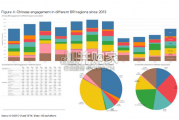
China’s financing and investment spread across 61 BRI countries in 2023 (up...
2024-02-27 30 英文报告下载

Though the risk of AI leading to catastrophe or human extinction had...
2024-02-26 50 英文报告下载
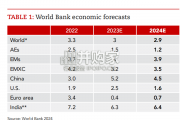
Focusing on the prospects for 2024, global growth is likely to come i...
2024-02-21 95 英文报告下载
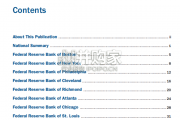
Economic activity declined slightly on average, employment was roughly flat...
2024-02-07 66 英文报告下载
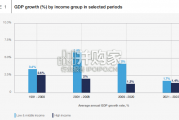
Economic growth can be defned as an increase in the quantity or quali...
2024-02-06 82 英文报告下载
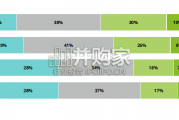
In this initial quarterly survey, 41% of leaders reported their organizatio...
2024-02-05 66 英文报告下载
最新留言